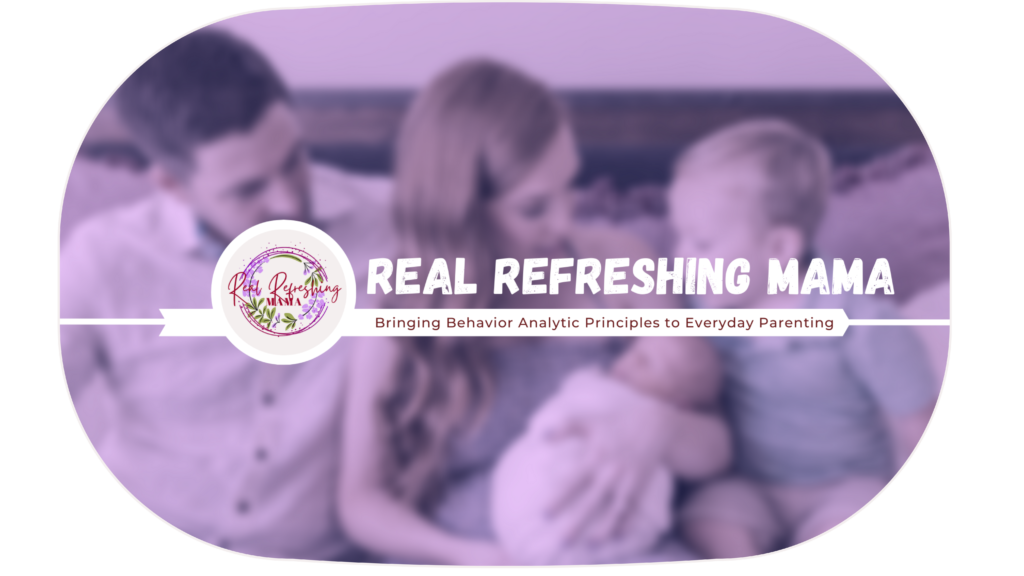Intrinsic motivation – it’s a term that psychologists love to throw around and one that holds immense power when it comes to our children’s development. But what exactly does it mean and how does it apply to our toddlers?
Intrinsic motivation refers to the driving force that pushes us to engage in activities for their own sake, for the sheer joy and satisfaction derived from them. It’s the spark that fuels curiosity, learning, and personal growth. However, when it comes to toddlers, this concept may seem distant or even non-existent.
Toddlers and Intrinsic Motivation:
If you’ve ever found yourself resorting to a reward chart or the promise of a treat to get your toddler to behave, you’re not alone. At this stage in their development, toddlers are largely driven by external factors, responding to rewards or punishments rather than an internal desire to accomplish tasks.
The Development of Intrinsic Motivation:
But fear not, parents! Intrinsic motivation is not a lost cause. Research indicates that as children grow and develop, their ability to be intrinsically motivated also evolves. According to a study conducted by the University of Rochester, intrinsic motivation begins to take root around age five or six, when children start to develop a stronger sense of self and an understanding of their own interests and abilities.
Tips for Fostering Intrinsic Motivation:
So, how can we as parents foster this powerful trait in our little ones? Here are a few practical tips:
- Provide autonomy: One of the first steps to fostering intrinsic motivation is encouraging autonomy. This involves allowing your toddler to make choices and decisions on their own. It could be as simple as choosing what clothes to wear, which toy to play with, or which book to read at bedtime. By providing opportunities for independent decision-making, you’re helping your toddler develop a sense of self-direction and personal interest, both of which are vital for intrinsic motivation.
- Promote competence: Encourage your toddler to take on tasks they can handle, like stacking blocks, solving simple puzzles, or helping with minor household chores. As they experience success in their efforts, their confidence grows, and they become more intrinsically motivated to take on new challenges.
- Foster relatedness: Finally, fostering a sense of relatedness can significantly enhance intrinsic motivation. This means creating an environment where your toddler feels understood and connected. Engage in activities that your toddler enjoys, listen to their thoughts and feelings, and validate their emotions. When toddlers feel valued and connected, they are more likely to engage in activities that interest them, thereby fostering intrinsic motivation.
Intrinsic motivation plays a pivotal role in a child’s development, shaping their learning habits, perseverance, and overall approach to life’s challenges. By providing opportunities for autonomy, competence, and relatedness, we can create an environment that nurtures this trait, setting our children up for success in their journey of self-discovery and growth.
Remember, every child is unique and develops at their own pace. Be patient, supportive, and celebrate the small victories along the way. Together, we can help our children find their spark and ignite their intrinsic motivation.




